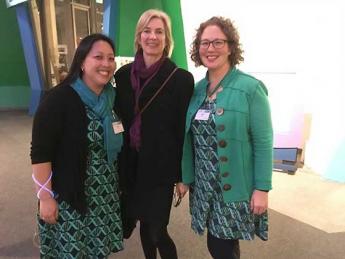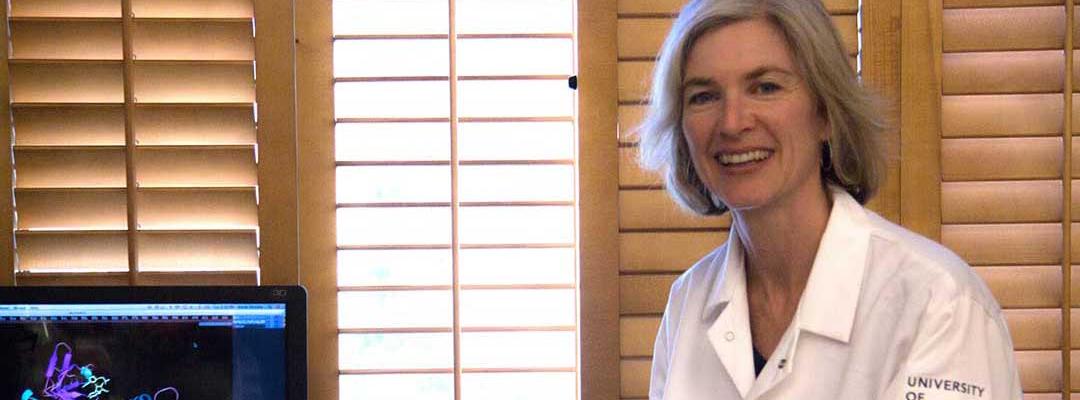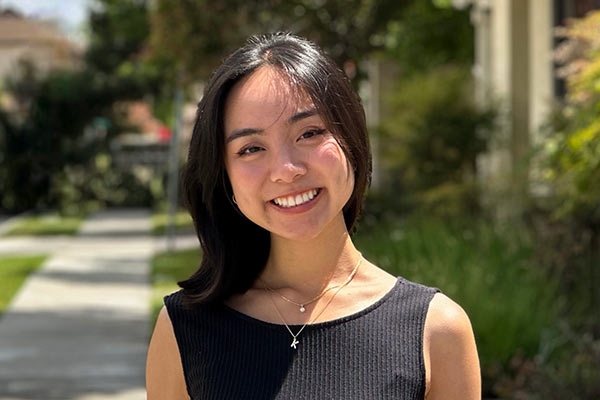A hearty congratulations to the latest UC Berkeley Nobel Prize winner: biochemist Jennifer Doudna in Chemistry. She shares this honor with colleague Emmanuelle Charpentier for the co-development of CRISPR-Cas9, a genome-editing breakthrough that has revolutionized biomedicine.
CRISPR is infiltrating nearly every crevice of biology, leading to new discoveries and surprising applications. The fast pace of this technology captures news headlines daily, leaving the public to wonder how CRISPR will impact their lives.

Understanding the reality of CRISPR’s impending impact on the real world requires experienced biologists and other professionals whose business is deeply rooted in this technology.
That’s why we partnered with the Innovative Genomics Institute—of which Doudna is the executive director—to previously provide practical training on CRISPR and genome editing.
“Genome editing will increasingly affect our daily lives so it’s crucial that we bring people into the conversation sooner rather than later,” Dr. Jennifer Doudna said of this partnership. “This course falls perfectly in line with the IGI’s educational mission to empower diverse audiences with reliable resources. I’m excited that we’ll be able to offer this learning opportunity to the local community. What better place to learn about CRISPR than at UC Berkeley?”
What started as a curiosity-driven, fundamental discovery project has now become the breakthrough strategy used by countless researchers working to help improve the human condition.
Doudna and Charpentier, director of the Max Planck Institute for Infection Biology, will share the 10 million Swedish krona (more than $1 million) prize.
“This great honor recognizes the history of CRISPR and the collaborative story of harnessing it into a profoundly powerful engineering technology that gives new hope and possibility to our society,” Doudna told UC Berkeley News. “What started as a curiosity-driven, fundamental discovery project has now become the breakthrough strategy used by countless researchers working to help improve the human condition. I encourage continued support of fundamental science as well as public discourse about the ethical uses and responsible regulation of CRISPR technology.”
Bridging the community with research done at the lab is core to our educational mission. During our past CRISPR-Cas9 training series, our students got training in this bleeding-edge technology.
Here’s what they had to say about learning from Doudna’s Nobel Prize–winning work:
Alexandra Cocleaza, Director of Business Development & Strategy at Aimmune Therapeutics
Rajib Schubert (Ph.D.), Project Leader at University of Zurich's department of biochemistry
And learning from working professionals is key to understanding this genome-editing process. That’s why we tapped into the extensive knowledge of Dr. Geoff Sargent—who is also a 2020 Inspirational Instructor award winner.
“Because of the development of CRISPR and related technologies, we are in the midst of a technical revolution that will profoundly change how we treat and diagnose diseases, including cancers,” Dr. Sargent says. “It will enable unimagined changes to agriculture and potentially our environment. With this newly developed ability to edit genomic DNA, we are faced as a society, and as a species, with difficult decisions on what are acceptable limits and risks for genome editing.”



